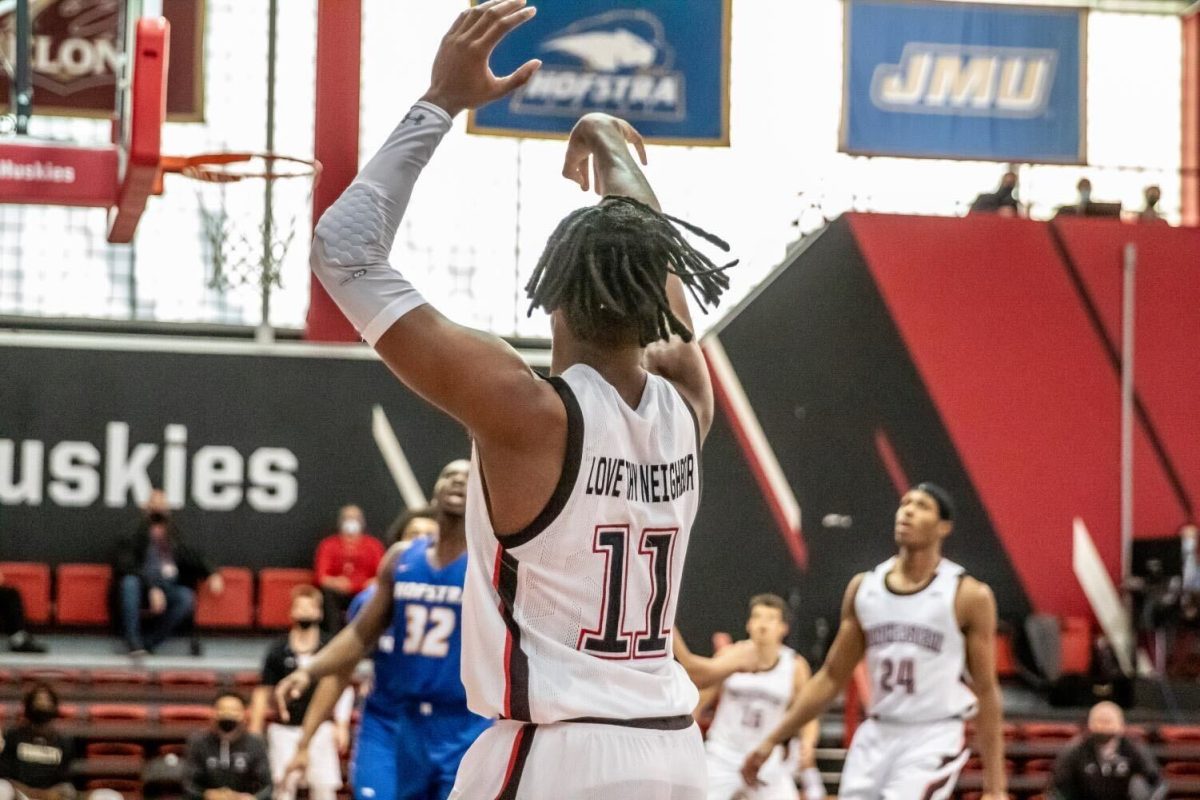Editorial: Feeding hungry students should be as simple as skipping on Outtakes
February 8, 2018
It’s Saturday afternoon and you realize that you still have three swipes left for the week. The horror! You essentially have three options — try to eat dinner three times in one night, lose out on the swipes or trade them in for points at Outtakes. But what if there was another option, something you could do with those swipes that would help your fellow students?
At some schools in the Boston area, like Massachusetts Institute of Technology and Tufts University, there is. In response to the large number of students who struggle with getting enough to eat, these schools have implemented programs where students can donate extra swipes. Other students who are struggling to come up with money or resources for food can put in a request and use these leftover meal swipes to feed themselves — meals which would have otherwise been wasted.
Northeastern needs to follow the lead of services like these and put a similar program into place. The administration loves to advertise our school as a beacon of innovation, but as of now this innovation is restricted to education. It should extend to coming up with new ways to increase students’ well-being as a whole.
At first glance, it may not seem like food security would be an issue at Northeastern. The median family income of a Northeastern student is $150,900 and 65 percent of students come from the top 20 percent. Not to mention the school itself has a huge endowment, coming in at about $700 million. However, these numbers don’t mean that there aren’t students at Northeastern going to bed hungry.
Current estimates suggest that 10 to 20 percent of students at four-year colleges have difficulties finding enough to eat. Even at MIT, a world-renowned university with a $15 billion endowment, surveys revealed that 10 percent of students lacked money for adequate food. Sara Goldrick-Rab, a higher education policy professor at Temple University who has studied food insecurity, told The Boston Globe she doesn’t know of a college that doesn’t have this problem. It is nearly impossible that Northeastern is untouched by food insecurity.
If Northeastern is worried that a swipe sharing program would fail, they need only to look to other schools in the area to see that it would succeed. MIT began SwipeShare in December, and 900 meals have already been donated. Tufts’ similar program, Swipe It Forward, saw almost 300 students request meals last semester. The popularity of Swipe It Forward made use of almost every one of the 2,411 meals that had been donated.
It is time to bring the power to swipe it forward to the students of Northeastern. Yes, we compost in the dining halls. Yes, we got rid of trays to help lessen food waste. While this definitely speaks to the progress Northeastern has made environmentally and health-wise, it is time for the university to start thinking about how it can better support low-income students through the meal plan system.







